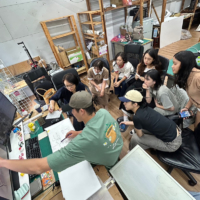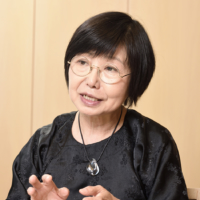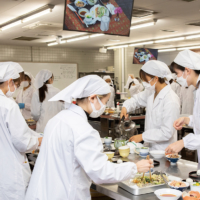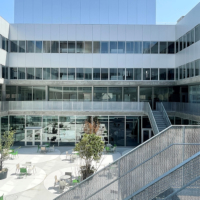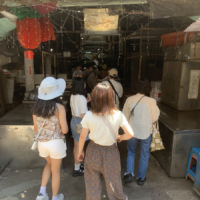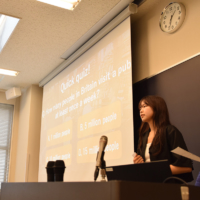Around 9% of Japan’s roughly 800 four-year institutions of higher learning are for women only. This ratio is the highest in the world. Yet, despite the societal outcomes one might expect from educational opportunities created specifically for women, Japan still ranks 125th out of the 146 countries covered by this year’s Global Gender Gap Report that covers health, education, economics and politics.
In short, while educational opportunities specifically for women may exist in Japan, the availability and outcomes still do not necessarily lead to the gender parity that is increasingly sought in contemporary society. The question these women-only institutions face, then, is what role do they have to play now?
Free to explore potential
One problem, Japan Women’s University President Satoko Shinohara observes, is that in Japan, there is little social recognition of women playing an active role in society, particularly when it comes to training and advancement of women as leaders. Even highly educated women are poorly represented in the business executive and management classes. This, she argues, is where women-only institutions have a crucial role to play.
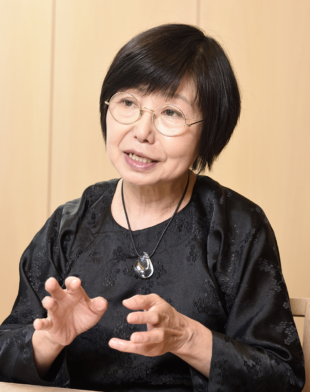
“I believe it is very important that the final educational environment our students go through before they enter the workforce is one where a bias toward ‘men as leaders’ does not exist,” Shinohara said. “Our students are neither assigned tasks nor refused tasks just because they are women. It’s meaningful that they can learn in an environment that does not call for sex-based yardsticks. They can go out into the workforce without these preconceived notions. I believe this is the reason why graduates from women-only institutions, including ours, can thrive without being bound to fixed ideas about their own potential.”
There is a difference, Shinohara says, when women play a leadership role. “My sense is that male-led projects and organizations tend to have a tidy top-down pyramid-like structure. Decisions are made quickly, but it is hard for them to reflect the consensus opinion of their members. Conversely, when women lead they tend to create flattened structures that take in everyone’s views to build a consensus. Societies that stress sustainability premised on slow growth might well need such female-led initiatives.”
Pioneer in education
JWU was established in 1901. Japanese society at the time was not one where there was equality between the sexes; nor was there a belief that women needed higher education. In light of this social reality, JWU was truly a pioneering institution. University founder Jinzo Naruse, noting that half of the Japanese population was made up of women, argued, “If women do not receive an education and cannot play a role in society, then this country will have no future.” Moreover, he wanted a comprehensive educational institution with a wide range of courses. At present, JWU is the only private women-only institution of higher education with a Faculty of Science, and it continues to offer an educational environment that fuses the humanities and the sciences.
Three dynamic pillars
Japan today is a developed country facing various issues, such as having the world’s most rapidly graying society. To address new issues as they emerge, a university likewise needs to grow and evolve. To maintain its competitiveness and remain an institution that prospective students will want to select and whose graduates companies and public institutions want to hire, JWU has been moving forward on implementing several reforms.
First has been a reorganization of the campus to create an environment where students in both the humanities and the sciences can learn across departmental and disciplinary boundaries. Toward that end, JWU has integrated each undergraduate faculty and program, as well as its graduate school, at its Mejiro Campus in the heart of Tokyo. The purpose is to encourage close interdisciplinary collaboration and interaction among students.
Second, JWU has reorganized its faculties to make the university’s structure more understandable to outsiders, and is continually establishing new ones. One of these is the Faculty of Transcultural Studies, which was established this year with the goal of cultivating global human resources.
“The faculty will train global human resources who, through the lens of culture, will have the ability to see into a society and form connections with people,”
Shinohara explained. “This is premised by a respect for foreign cultures that differ from Japan’s.”
Students will be required to undergo two weeks of training abroad, and to gain practical experience through off-campus programs, all with the goal of cultivating human resources with a multicultural perspective. The faculty’s unique learning experience, which will have students conveying the fruits of their practical, off-campus and out-of-classroom training in multiple languages via the internet and other electronic means, will foster human resources who can help to solve social issues anywhere in the world based on a cultural perspective.
JWU is also set to inaugurate the Faculty of Architecture and Design in April 2024. It will be formed by spinning off the Department of Housing and Architecture, which has already produced many female architects, from the Faculty of Human Sciences and Design.
“We thought that there should be a separate faculty focusing on architecture with a broader and more multifaceted perspective, while also maintaining an education that emphasizes how people live and the environments that surround them,” Shinohara said. The faculty will provide a variety of learning experiences, such as integrated exercises that entail designing architecture through joint efforts with university students in other countries.
Additionally, JWU is scheduled to launch the provisionally named Faculty of Food and Nutritional Sciences in 2025. Its students will learn broadly about food from a scientific perspective, so they can acquire the ability to address global food issues and make future contributions to society.
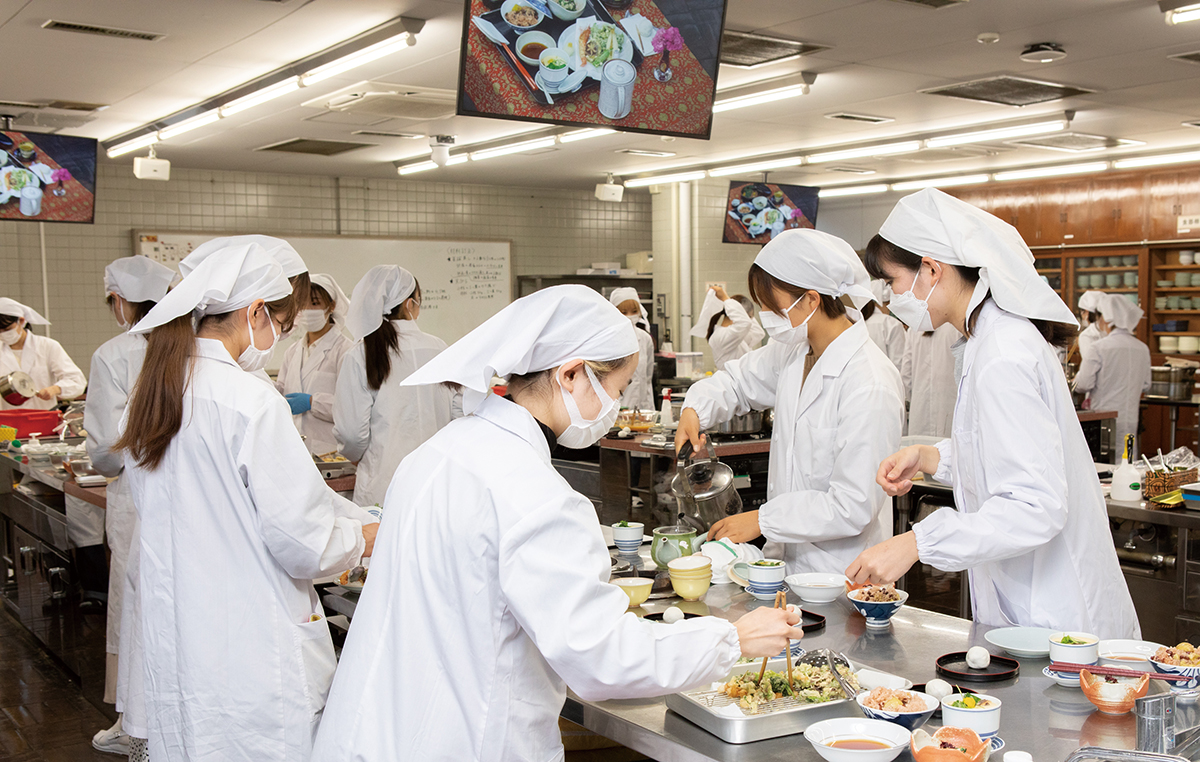
“I see the three pillars that encompass what will bring people from around the world to Japan as being culture, architecture and food,” Shinohara emphasized. “We already have overseas students on campus who have come to study architecture and engage in transcultural exploration. In the future, I want to build a joint platform within the Asian region and increase the number of students who come from abroad to study at these new faculties. We will also deepen our exchanges with Asian countries by enabling our students to travel to Vietnam, Thailand and China to study, and get students from those countries to come here to learn about Japan.”
High placement rates
JWU boasts an extremely high job placement rate of 99.1% (as of May 2023). One of the reasons for this success, explains Shinohara, is that JWU has a superb career guidance system with an individual focus on each student that functions quite well with a support network that has been organized by the graduates themselves.
The university also redesigned its career support efforts in 2021 to help students better identify earlier in their studies what their goals for the future might be and how to achieve them.
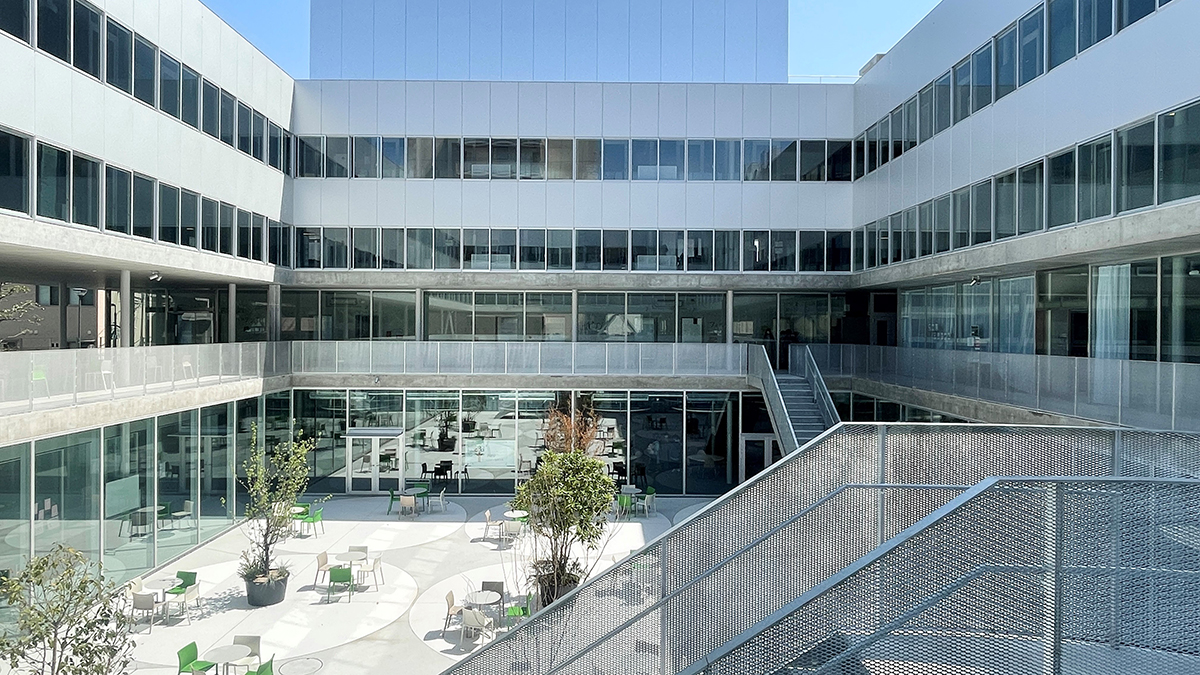
Such advice is important, given the changing nature of the workforce. Many students will naturally go on to work as professionals in their areas of expertise. And whether they work in a specialist job or in a generalist one, many will be pursuing career tracks that offer opportunities for advancement within the company. “I think it is very important that there are diverse female role models actively engaged in such work, and that there are graduates of the same sex to provide guidance,” Shinohara said. “One of the great benefits of JWU is that students can actually see such older alumni playing active roles in society in a variety of settings.”
JWU has produced many entrepreneurs and business executives. According to a survey this year by Tokyo Shoko Research, the university ranks seventh in Japan and second among women’s universities in female graduates who are company presidents.
Shinohara said: “The driving force behind this is the university’s culture. A mindset is cultivated during the students’ time here that helps them understand that they can take risks and not be afraid to fail. This, it seems to me, leads to entrepreneurship when they head out into the workforce. Additionally, JWU produces graduates with a high degree of expertise, and that lays a foundation that makes it easy for them to launch businesses in line with those areas of expertise.”
Expanding exchange in Asia
JWU has a long history of international exchange and many students sent abroad have gone on to become pioneers in their fields. The university has student exchange agreements with prestigious universities worldwide, including famous women’s colleges in the United States like Wellesley College and Mount Holyoke College. Every year, JWU students go abroad to study at these and other partner institutions.
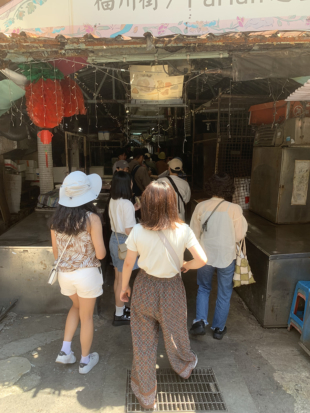
In recent years, JWU has also been expanding its agreements with universities in Asia. Of the 10 agreements concluded between 2021 and 2023, nine are with universities in Asia. As a result, students from Taiwan, China, Vietnam, the Philippines, South Korea and Thailand have been visiting JWU to participate in various programs ranging from short-term workshops to one-year exchanges.
JWU has been entering into these agreements with institutions around Asia because it believes helping to develop Asia as a whole is crucial. The physical proximity means there are also shared cultures and backgrounds, and this should facilitate collaboration.
JWU also believes it is very important that, Asia being an area rich with possibility, the university should work within the region to foster women leaders.
Vision for the future
The expectations for the female workforce are growing higher than ever, with hopes that it will help to solve issues in business and in life, while playing a part in creating a sustainable society. Shinohara wants JWU to continue to promote an education that will increase its students’ levels of expertise, provide them with opportunities to understand the cultures of other countries and regions, and give them the wherewithal to cope with whatever challenges they may face.
In May, JWU set down a new motto that condenses the message conveyed to all the university’s stakeholders, including prospective and current students. That message is, “I move, and the world opens.” Shinohara explained it as follows: “First, if I don’t move, then nothing about the current situation will change. So, if I take ownership and move on my own, then the world will open up. We should work together, both with friends close at hand and people in foreign lands.”
This new motto carries on in the tradition of the three policies set down by Naruse over 100 years ago — Conviction, Creativity and Cooperation — and sends a message, JWU hopes, that will resonate with future generations.
Shinohara adds that it is important for women to take leadership roles and create new value precisely at this moment when the global framework is going through tremendous change. JWU will contribute to society by training skilled individuals who can create the value that the times demand.
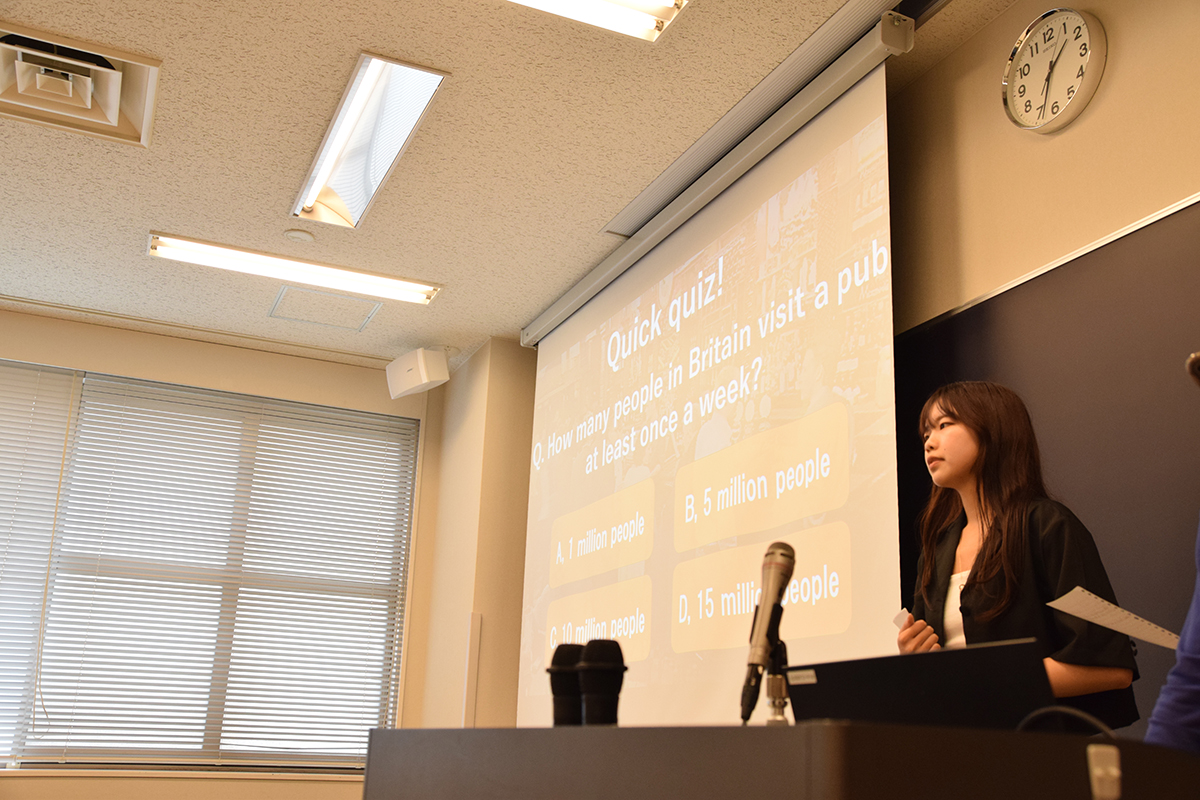
This page is sponsored by Japan Women’s University.
Japan Women’s University
Address: 2-8-1 Mejirodai, Bunkyo-ku, Tokyo 112-8681, Japan
Tel: +81-3-5981-3352
E-mail: [email protected]
URL: https://www3.jwu.ac.jp/fc/public/unvfile/JWUguide_english/
Download the PDFs of this ASEAN-Japan 50th anniversary Special




